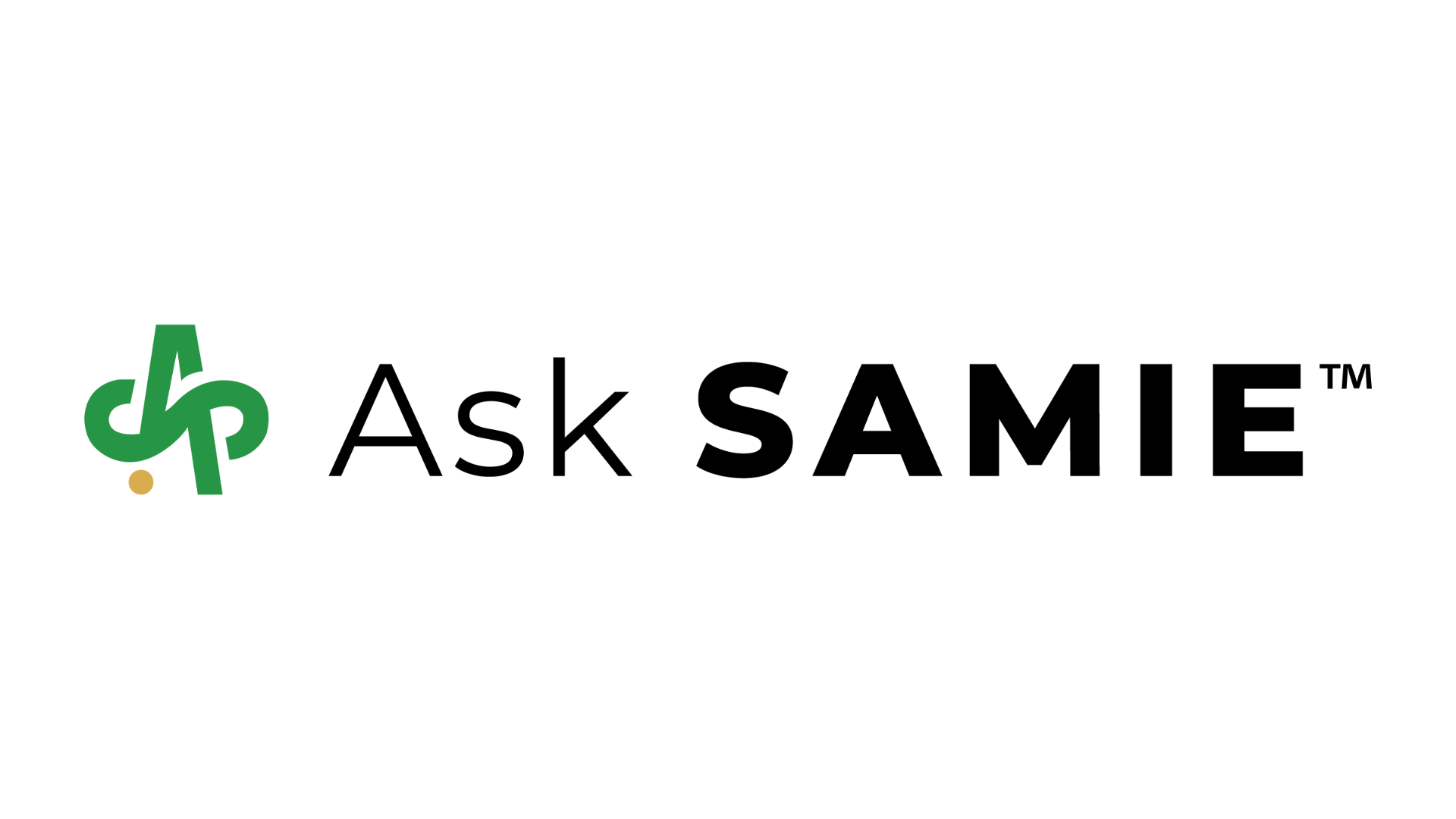As an occupational therapist with intense experience treating neurologic conditions, I understand the challenges faced by both individuals and their family caregivers. Whether it's stroke or brain injury, the journey to recovery can be long and arduous.
However, one key strategy that can significantly impact recovery outcomes is the increased repetition of motor movements. In this blog post, we'll delve into the importance of repetition and how it can maximize recovery from neurologic conditions. Join me as we explore this crucial aspect of rehabilitation, providing valuable insights and resources for family caregivers like you.
1. Understanding the Role of Repetition in Recovery
Repetition is an integral component of neurorehabilitation, particularly in regaining lost motor skills and improving overall function. The brain has the remarkable ability to rewire itself through a process called neuroplasticity. By engaging in repetitive motor movements, we stimulate neuroplasticity and encourage the formation of new neural connections. These connections help bypass damaged areas and promote functional recovery.
2. Enhancing Recovery through Repetitive Motor Training
a) Task-Specific Training
Task-specific training focuses on practicing functional activities relevant to an individual's daily life. By consistently repeating these activities, we promote skill acquisition and regain independence. For example, if a person is relearning how to dress, practicing the sequential steps involved in dressing will reinforce neural pathways and improve performance over time. So don't do everything for them. Each time a task needs to be done' the person engaging in even just part of it is an opportunity for repetition and neural improvement!
b) Squegg - Hand exerciser
One innovative tool that can facilitate increased repetition of motor movements in an easy and convenient way at home is the Squegg hand exerciser. Designed to enhance grip strength and finger dexterity, the Squegg provides a user-friendly solution for individuals with neurologic conditions. Its compact size and wireless connectivity allow for seamless integration into daily routines, enabling repetitive squeezing exercises that target the muscles and neural pathways involved in hand function.
By incorporating the Squegg into home-based rehabilitation programs, individuals and their family caregivers can easily track progress, set goals, and ensure consistent repetition of hand movements for optimal recovery outcomes. The Squegg offers a practical and engaging way to enhance motor recovery while promoting independence and functional gains in the comfort of one's own home.
3. Utilizing Reputable Resources
For family caregivers seeking more information and support, reputable websites can be invaluable. Here are some trustworthy resources to explore:
~ The American Stroke Association provides comprehensive information on stroke recovery, rehabilitation techniques, and caregiver support.
~ The Brain Injury Association of America offers resources, educational materials, and support networks for individuals and caregivers affected by brain injury.
~ The National Institute of Neurological Disorders and Stroke provides up-to-date research, treatment options, and educational materials on various neurologic conditions.
Conclusion
As family caregivers supporting loved ones with neurologic conditions, it is vital to understand the power of increased repetition in motor recovery. By engaging in repetitive motor movements, we tap into the brain's remarkable ability to rewire itself and enhance functional outcomes. Through task-specific training and tools like Squegg, individuals can regain lost abilities and work towards independence.
Remember to utilize reputable resources to access further information and support on this journey including our resources here at AskSAMIE. If you have questions just email us at hello@asksamie.com or call us at 1-800-644-3612.
With dedication, patience, and the incorporation of repetitive motor training, we can maximize recovery and improve the quality of life for individuals living with neurologic conditions.


